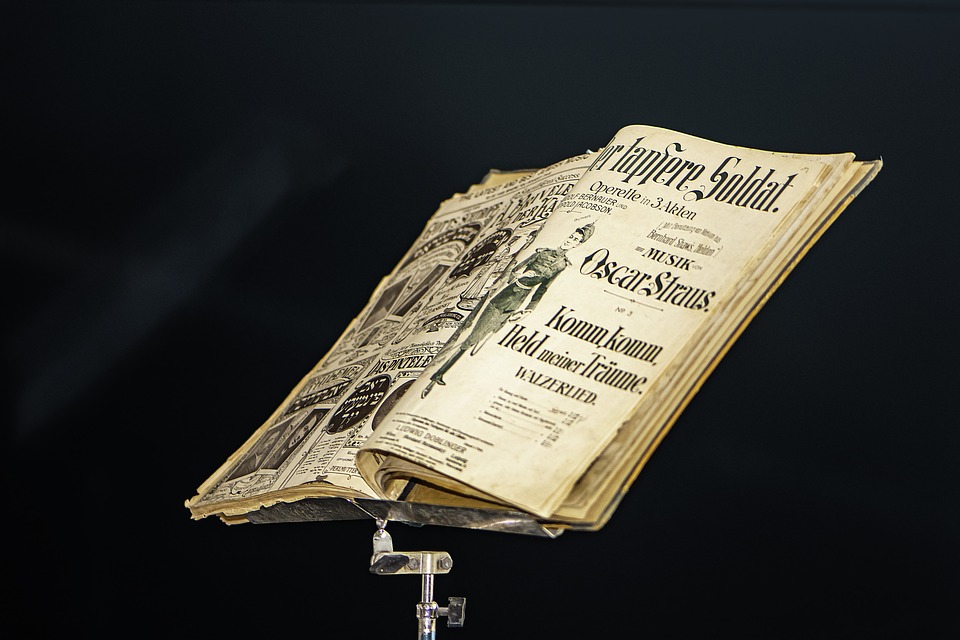The Dryden Quartet
The Dryden Quartet was a pioneering chamber music ensemble that had a significant influence on the development of modern chamber music. Formed in the early 20th century, the quartet consisted of four highly talented musicians – two violinists, a violist, and a cellist – who quickly gained a reputation for their exceptional musicianship and innovative approach to performing.
Early Years and Formation
The Dryden Quartet was formed in 1905 by four young musicians who had recently graduated from a prestigious music conservatory. Inspired by the quartet format and the incredible depth and complexity of chamber music, the four musicians decided to join forces and create a group that would focus solely on performing and promoting this genre of music.
The quartet quickly gained a following for their dynamic performances and unparalleled technical precision. They were known for their ability to seamlessly blend their individual voices into a cohesive and harmonious whole, creating performances that were powerful and deeply moving.
Contribution to Chamber Music
The Dryden Quartet played a pivotal role in the development of modern chamber music by championing works by contemporary composers and pushing the boundaries of traditional chamber music performance. They were known for their daring interpretations and willingness to experiment with new techniques and styles.
One of the most notable aspects of the Dryden Quartet’s contribution to chamber music was their commitment to performing works by diverse and underrepresented composers. They made a point to include works by women, composers of color, and composers from marginalized communities in their repertoire, helping to elevate these voices and expand the canon of chamber music.
The quartet also collaborated with composers to commission new works specifically for their ensemble, further expanding the range and scope of chamber music. Their dedication to championing new music and supporting emerging composers helped to shape the landscape of contemporary chamber music and inspire future generations of musicians.
Influence on Modern Chamber Music
The impact of the Dryden Quartet on modern chamber music is undeniable. Their innovative approach to performance, commitment to diversity and inclusion, and willingness to push boundaries have had a lasting impact on the genre.
Many modern chamber ensembles cite the Dryden Quartet as a major influence on their work. The quartet’s emphasis on collaboration, experimentation, and excellence in performance has inspired countless musicians to explore new possibilities within the realm of chamber music.
Additionally, the Dryden Quartet’s dedication to performing works by diverse composers has helped to broaden the scope of chamber music and make the genre more accessible and inclusive. Their commitment to highlighting underrepresented voices has sparked important conversations about representation and equity within the classical music world.
Overall, the Dryden Quartet’s legacy lives on in the countless chamber ensembles that continue to push the boundaries of what is possible in chamber music performance. Their dedication to excellence, innovation, and inclusivity has set a high standard for modern chamber music and continues to inspire musicians around the world.
Conclusion
The Dryden Quartet’s influence on modern chamber music is undeniable. Through their innovative performances, commitment to diversity and inclusion, and willingness to push boundaries, the quartet helped shape the landscape of contemporary chamber music and inspire future generations of musicians.
Their dedication to performing works by diverse composers and their willingness to collaborate with emerging artists have expanded the repertoire of chamber music and made the genre more inclusive and accessible. The legacy of the Dryden Quartet lives on in the countless chamber ensembles that continue to push the boundaries of what is possible in chamber music performance.


